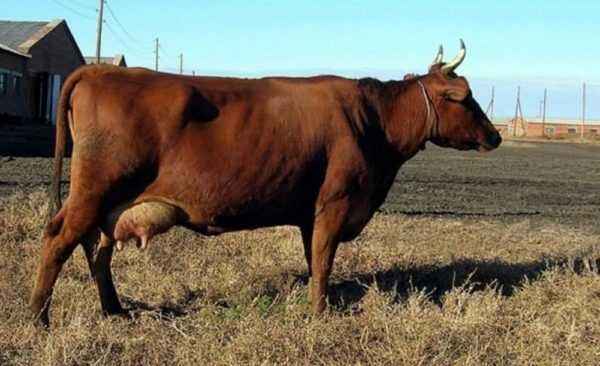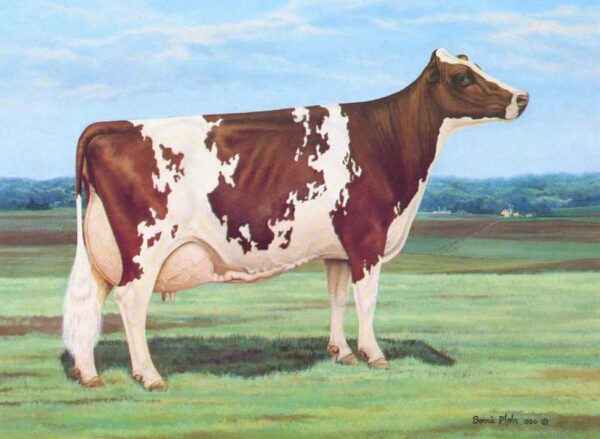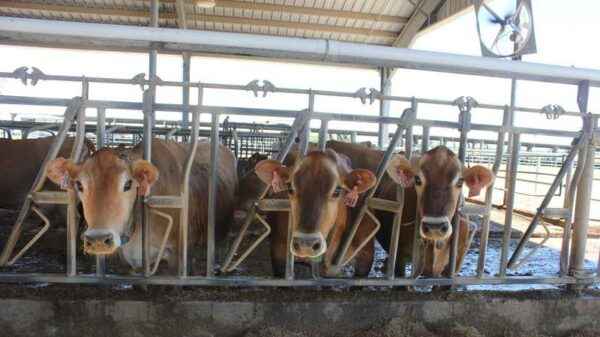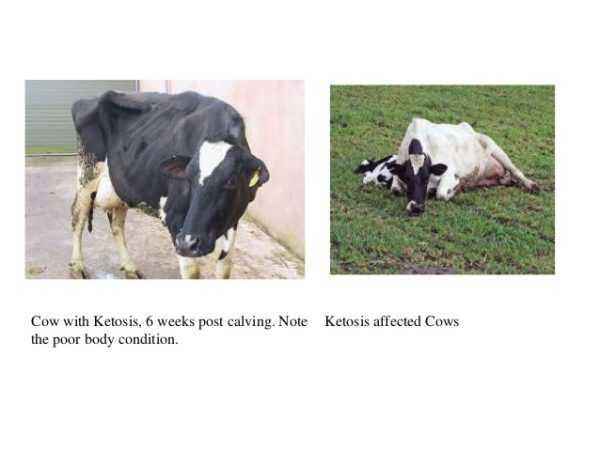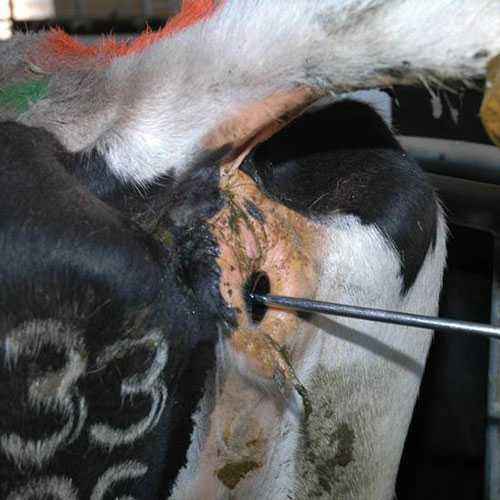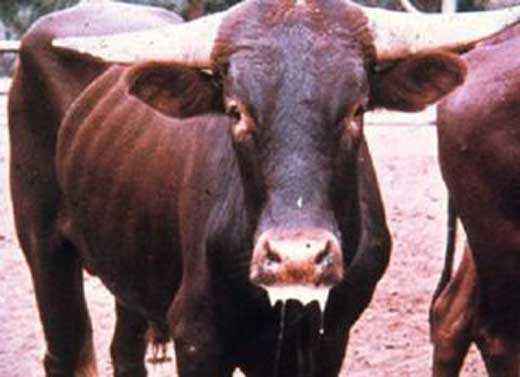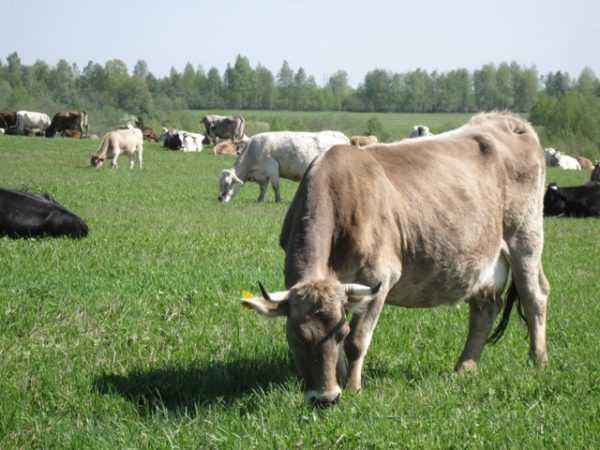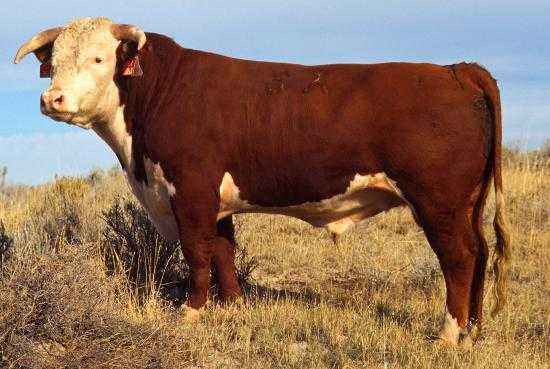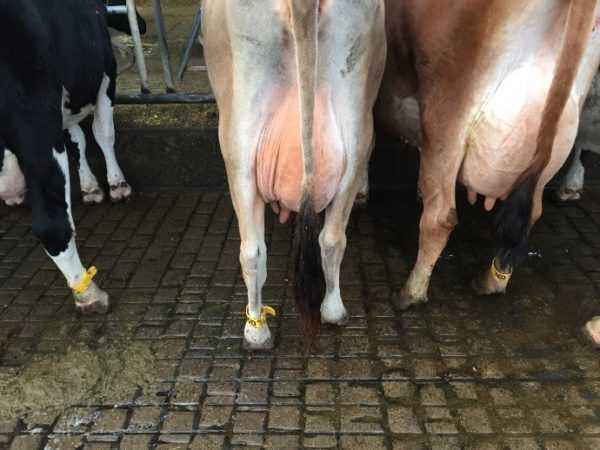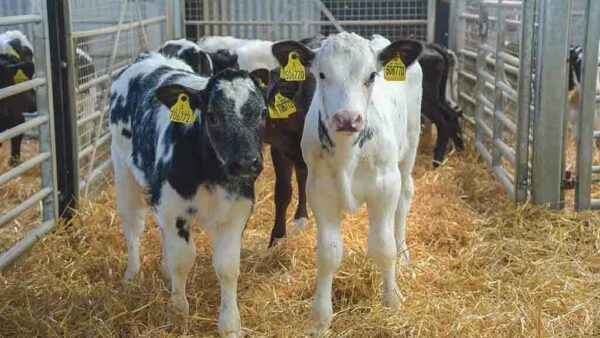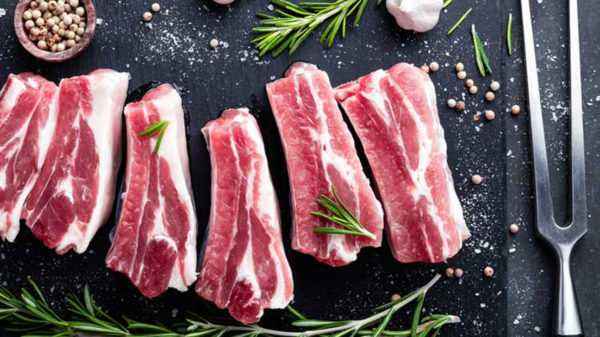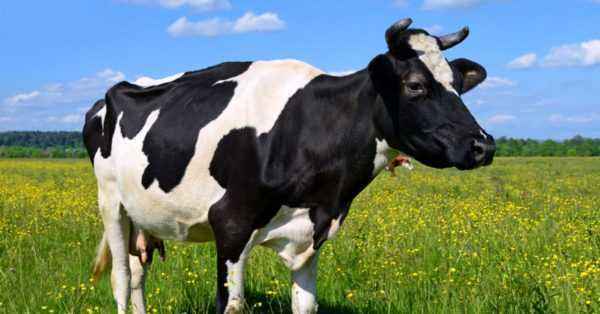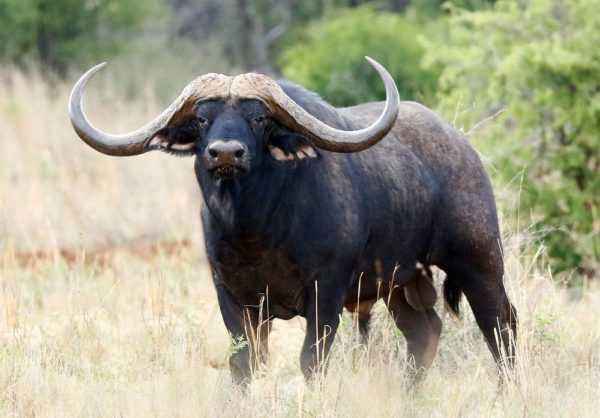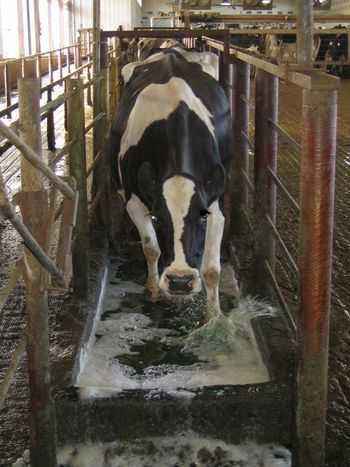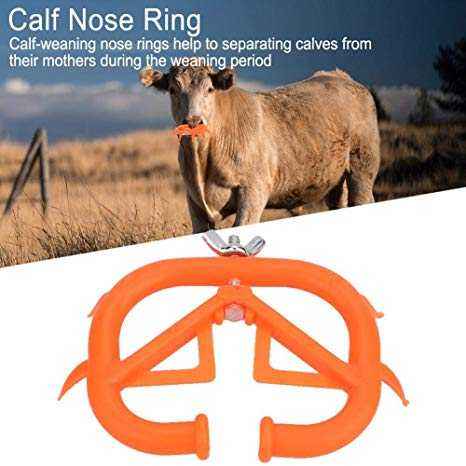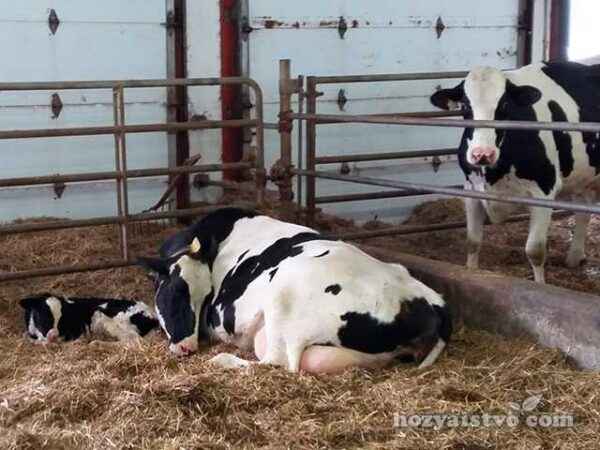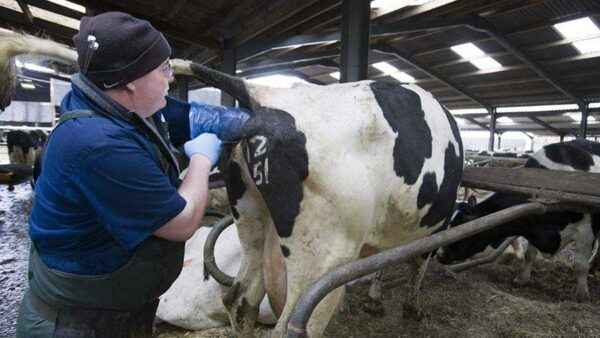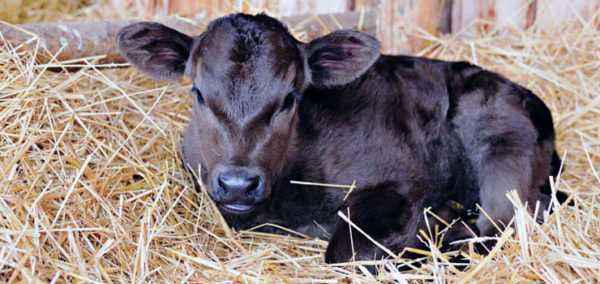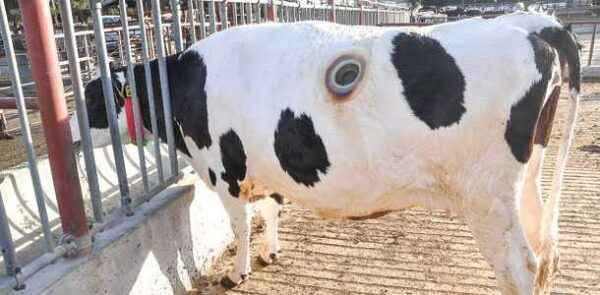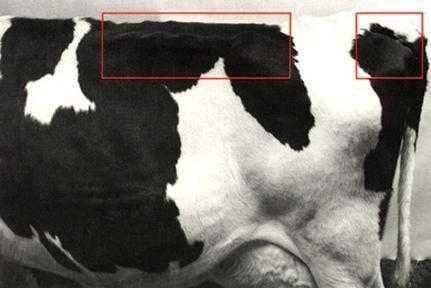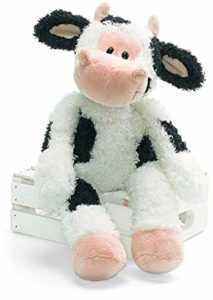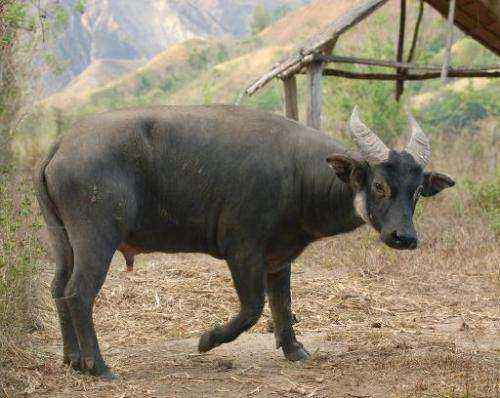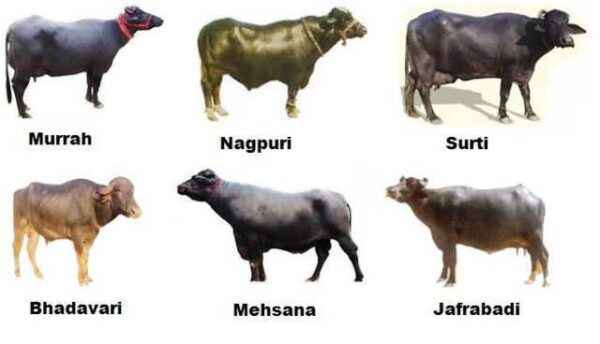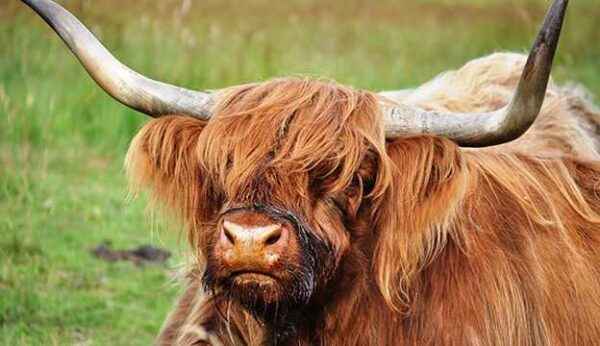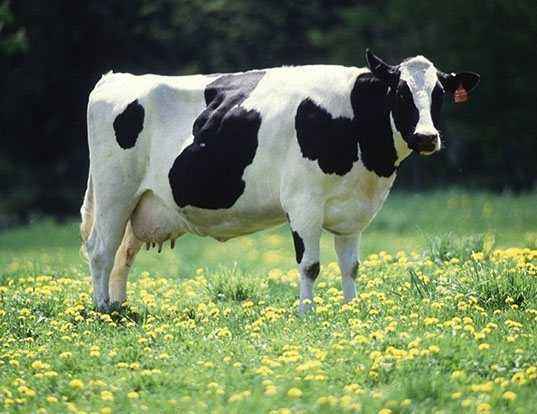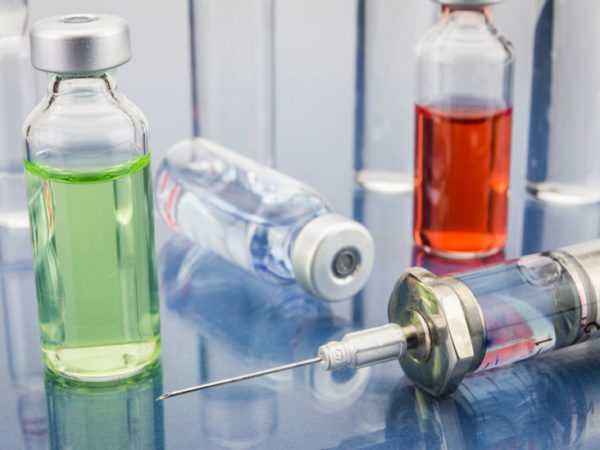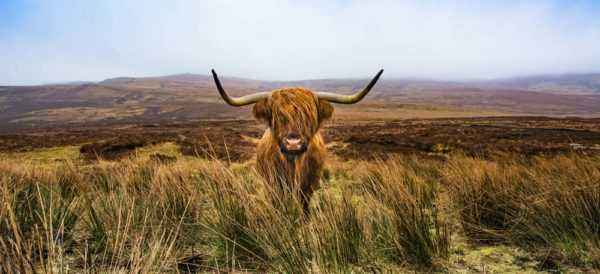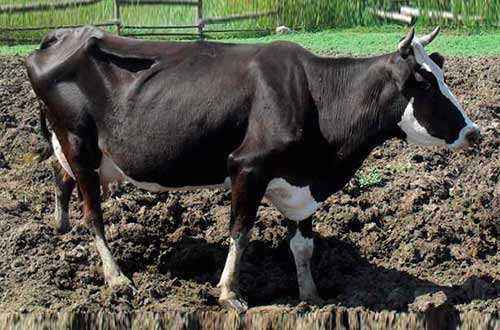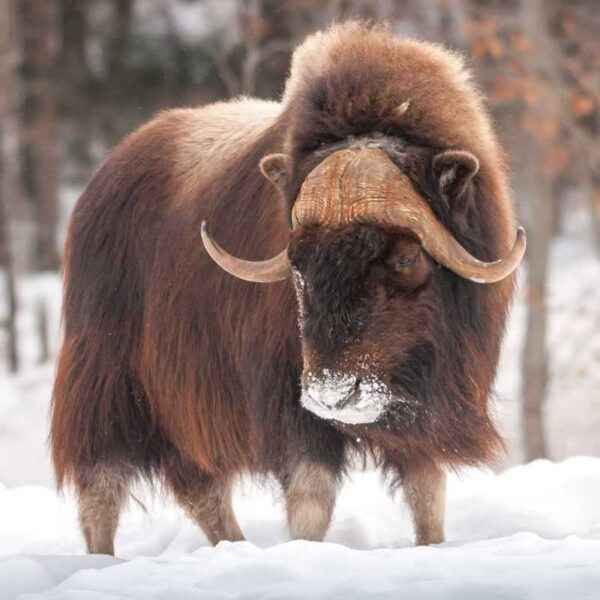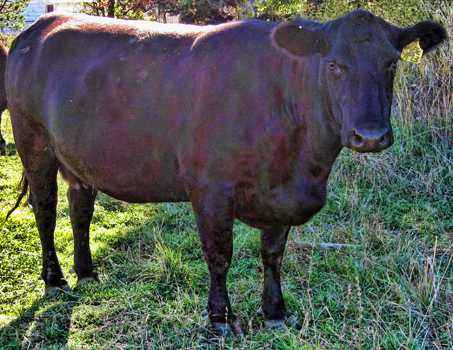Diarrhea in a cow or goby can indicate many diseases of the gastrointestinal tract, as well as poisoning or infectious diseases. Treatment of the animal will depend on the results of the tests, but when the first signs of diarrhea appear, measures must be taken to prevent dehydration.
- Causes of diarrhea in cows
- What is the danger of diarrhea in cows
- What to do with diarrhea in cows
- Treatment of diarrhea in cows
- Diarrhea after calving in cows
- Diarrhea in calves
- Bloody diarrhea in cows
- Prevention of dyspepsia in cows
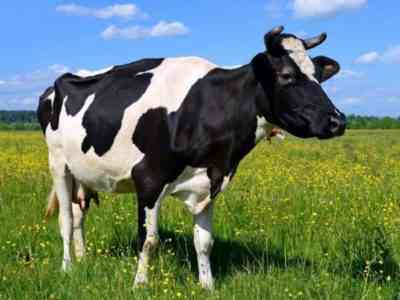
Diarrhea in a cow
Diarrhea is very dangerous for cattle and can lead to the death of animals. The sooner treatment is started, the higher the chance of favorable outcome.
Causes of diarrhea in cows
One of the first symptoms of gastrointestinal problems in cattle is diarrhea. In addition to gastrointestinal diseases, diarrhea in cows can be caused by other significant reasons. The following are distinguished:
- Dysbacteriosis. It happens due to a sharp change in diet, as well as with a lack of fiber in livestock feed, especially in young heifers and gobies. Moving a cow from hay to fresh grass must be done gradually to avoid digestive upsets. Also, unwashed root crops that an animal eats can become a cause of the disease. Cows are the owners of many parasites.Due to intoxication of the body with the products of helminthic activity, diarrhea can occur.
- Food intolerance occurs when a new feed is introduced into the livestock diet. As with hay, the introduction of new feed is done gradually, starting with small doses.
- Fermentation in the stomach. This ailment is most often found in the autumn-spring period, when frosts are still observed at night, the grass may slightly freeze. Such food in the stomach causes fermentation processes and, as a result, bloating and diarrhea. If the cow is blowing, then she needs to change her diet.
- Lack of trace elements. A poor diet and a lack of trace elements in the body of cattle provokes cows to eat foreign objects. In common people, such a violation is called “lick.” Foreign bodies, once in the intestine, disrupt its work, causing diarrhea and even perforation and death. Curing this symptom is the hardest.
- Poisoning is one of the most common causes of diarrhea in cows. Since the animal is illegible in food, it can easily eat a poisonous plant or insect, plants treated with poisons and pesticides, rotten and moldy products.
- Viral diseases. Most often it is coronovirus enteritis and rotavirus infection. In this case, the intestinal walls lose their ability to absorb water.
If severe diarrhea is the main symptom in all of the above cases, then there are diseases that cannot be diagnosed with only one diarrhea.
A cow has diarrhea due to problems with the heart and circulatory system, due to diseases of the liver and kidneys. An illness also occurs due to complications in the form of gastroenteritis.
What is the danger of diarrhea in cows
During diarrhea, the water does not have time to be absorbed in the intestine, as its frequent release from feces. With prolonged and intense diarrhea, the cow’s body dehydrates, which leads to disastrous consequences. Against the background of dehydration, inflammatory processes in the tissues begin, and some organs may even fail completely.
If an admixture of blood is found in the feces, then this is a very alarming sign. The animal needs an urgent examination by a veterinarian. Damage to the intestine can be caused by perforation of its walls or a violation of the integrity of the epithelial layer. In particularly difficult cases, the animal may need surgery. Diarrhea with blood is also a sign of parasites in the body.
Young dyspepsia can be fatal, especially if the calf is newborn and feces come out with blood. The young animal is rapidly weakening. If time is lost and treatment begins too late, the chances of survival of the young are negligible.
What to do with diarrhea in cows
What to do when the cow has diarrhea, how to stop diarrhea? If dyspepsia has already begun, then the first thing you need to take care of is an abundant drink for the animal. It is necessary to add a little salt to the water for better absorption.In food, the animal needs to be limited and before feeding, watch how the livestock behave.
The use of astringents is also important. This can be done both medically and by folk remedies. To do this, the cows are fed with broths:
- oak bark;
- hypericum;
- bloodthirsty;
- cherry berries.
In addition to decoctions, the pathogenic environment in the intestine is well suppressed by lactic acid products. They also contribute to the restoration of microflora.
The doctor will determine why this disorder occurred and prescribe treatment. After measures to prevent dehydration have been taken, care must also be taken to eradicate its causes.
Treating diarrhea in cows
Stopping diarrhea in a cow or in a bull is only half the battle , you still need to deal with the causes of diarrhea in cows. If the cow’s diarrhea does not stop, and her condition worsens, various diseases can cause this. As soon as measures are taken to stop or reduce dyspepsia, it is necessary to begin treatment of the disease, which caused diarrhea.
It is recommended to treat diarrhea according to this scheme:
- Oral rehydration – Sodium Hydrochloride 0, 9%, Regidron, Gastrolit, Orasan, Reosolan, Meratonic. All of the above medicines are dissolved in water according to the instructions and the animal is fed to them. You can also prepare a remedy for dehydration and at home. To do this, dissolve 1 tbsp in 1 liter of water. lsalt, 3 tbsp. l sugar or 1 ampoule of glucose and 1 tsp. baking soda.
- Sorbents – Vetom – 4, Sorbik, Polysorb, Polyphepan. Sorbents perform the function of intoxication of the body.
- Drugs that reduce intestinal motility – Metroproclamide, Domperidone. Drugs are administered intramuscularly in accordance with the weight of the individual. Their action is aimed at reducing intestinal motility and, as a result, reducing the frequency of bowel movements.
- Enzymes – Feedland, Oltek, Finzim. Enzymes normalize the functioning of the gastrointestinal tract in case diarrhea was caused by enzymatic disorders.
- Probiotics of microbial and non-microbial origin – Emprobio, Sporothermin, Biomastim. Probiotic drugs balance the intestinal microflora, which was impaired by diarrhea and poisoning.
In most cases, such measures yield results, but if the cow vomits for more than 3 days, it is necessary to call a veterinarian to examine it.
Since the cow’s body is already weakened by debilitating diarrhea, livestock may refuse to eat. If there is such a problem, a glucose solution is administered intravenously.
Diarrhea after calving in cows
Often, the heifers after birth suffer from digestive disorders and, as a result, diarrhea.
This happens due to a lack of nutrients in their body. A spawning animal that has already lost a lot of strength needs special care, you need to immediately give vitamin drink and fresh hay.For starters, you can prepare the medicine at home. Additional nutrients are added to the cow’s diet to restore the body and produce milk.
A diarrhea in the whole cow can lead to miscarriage or death of the animal itself, so it’s important not only to keep the right diet, but also to keep the stall clean and
Diarrhea in calves
In newborn calves, diarrhea is also not uncommon, but extremely dangerous for the animal. The young body is not able to resist dehydration for a long time, and the calf’s death occurs within a day or two. At first, the calf becomes less active, after it falls to its feet and cannot rise, the animal dies further.
It is recommended to treat calves with folk remedies:
- Onion infusion – add 9 g of boiling water per 1 liter of boiling water table salt and 200 g of chopped onion husks. The solution is shaken vigorously for 2-3 minutes. 100 ml of refined sunflower oil is poured into the container along the wall. The solution is drained using a siphon and a calf is given in 3 ml per 1 kg of animal weight every hour at least 5 times.
- Tea mix – 3 chicken eggs and 1 tbsp. Are beaten into a warm tea brewing. l table salt. You can give 10 g per 1 kg of animal weight.
- Oat broth – selected oats with water at a rate of 1:10 are boiled for 5-6 hours on low heat. They give you drink in unlimited quantities.
Home remedies do not immediately produce results. In the process of cleansing the body, the cow will be weakened, she will need special care.
It is important during this period to carefully monitor how the cattle behaves. If relief does not occur in 2 days, there is a reason to consult a veterinarian.
Bloody diarrhea in cows
If feces are mixed with blood, then this type of diarrhea is the most dangerous. The most common cause of dyspepsia is coccidiosis, caused by coccidia, cattle parasites.
Infection occurs when livestock are grazed on wet pastures.
Cows can also become infected, drinking water from standing shallow reservoirs. Calves are affected most often by coccidiosis. The disease develops, and after 10-14 days the first symptoms appear. One of them is bloody diarrhea.
In the case of such a complex disease as coccidiosis, treatment of the symptoms alone is indispensable. Parasites infect the intestinal epithelial layer, thereby causing internal bleeding.
A sick animal must be isolated from the rest of the livestock and treated with hot enemas and ichthyrganum solution rectally. Washing gives a good result.
Prevention of dyspepsia in cows
It is easier to prevent diarrhea in cows than to treat it.You need to know some aspects of animal welfare in order to prevent dyspepsia in cows:
- the stall must be kept clean and clean manure on time;
- the feed must contain a sufficient amount of protein, fat and carbohydrates , in accordance with the physiological needs of the animal’s body;
- the feed must be of good quality, free from impurities from extraneous inedible objects;
- the feed must be fresh, without signs of rot or mold, and also traces of getting wet;
- with summer walking you need to take care about the purity of the pasture, remove poisonous plants and inedible objects there;
- it is better to install a portable watering place with clean water in the pasture, since the water in the reservoirs is often infected with parasites;
- not to allow animals to eat frozen grass and feed.
As a preventative measure, cows are occasionally given coal, but not plain, but bread. If there is no chewing gum, and the appetite becomes worse, then such a tool will help normalize the intestines and remove gases. Black bread is cut into pieces and dried to the oven until the formation of burnt edges. Rusks are crushed and diluted in water at the rate of 10 ml per 1 kg of animal weight. The water must be boiled and cooled before use. It is necessary to give the mixture warm, but not hot.
It is important to understand that diarrhea with proper treatment disappears in 3-4 days.If no improvement has come and treatment with folk remedies does not give any results, then it is necessary to proceed to medical treatment. The animal must be shown to the veterinarian, as well as tested for the detection of infectious diseases, parasites or toxins. Timely measures taken increase the chance for the cow to recover completely. Continuation of the article …
